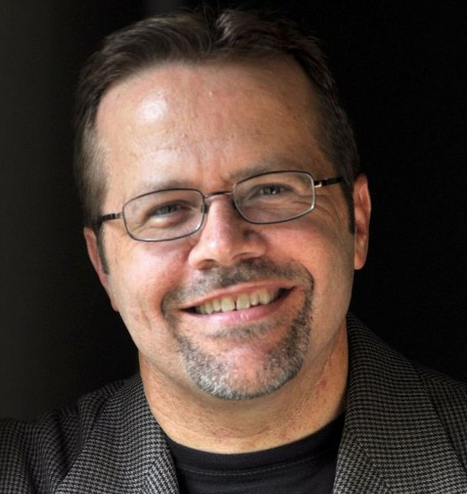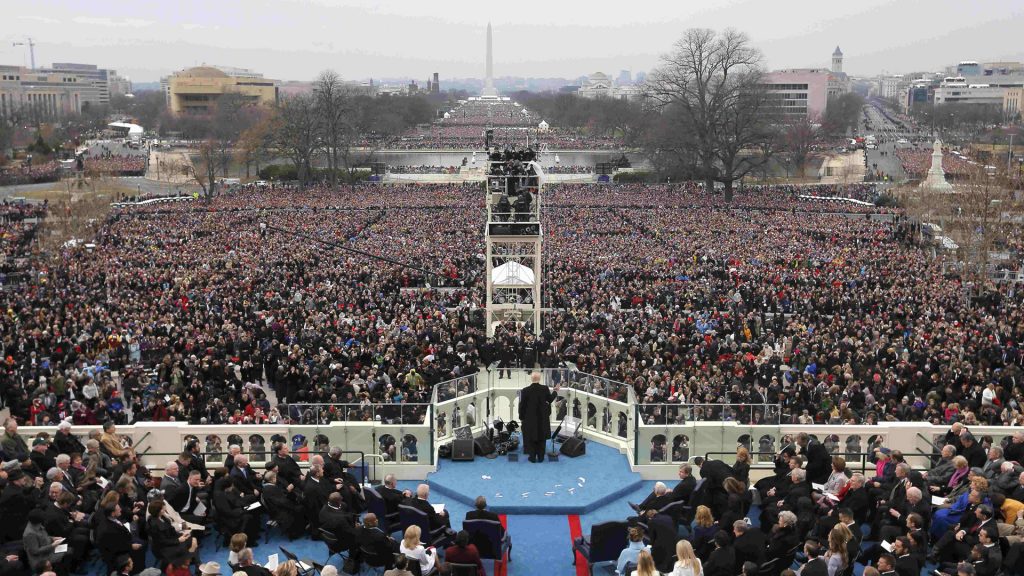 “Do not conform to the pattern of this world, but be transformed by the renewing of your mind. Then you will be able to test and approve what God’s will is—his good, pleasing and perfect will.” (Romans 12:2)
“Do not conform to the pattern of this world, but be transformed by the renewing of your mind. Then you will be able to test and approve what God’s will is—his good, pleasing and perfect will.” (Romans 12:2)
It was 54 years ago this month that a fiery, young, black preacher stood on the steps of the Lincoln Memorial and delivered his famous “I Have a Dream” speech, calling upon the leaders of our nation to finally and fully deliver on the promises that were made 100 years earlier when the Emancipation Proclamation was signed into law by President Abraham Lincoln. Without question, the 1963 March on Washington, and the speech that that Dr. King delivered that day, represent a truly transformational moment in American history.
Martin Luther King, Jr. was far from perfect, of course. He was no superhero. He was just an ordinary human being. Like all the rest of us, Dr. King had his share of blind spots, and his human frailties have been well-documented. But if there is one thing I have learned over the course of my life, it is this: When we as flawed and finite human beings give our good and gracious God permission to transform our lives, we in turn are empowered to become agents of extraordinary transformation in the lives of other people.
I was just 5 ½ years old when MLK was shot and killed while standing on the balcony of the Lorraine Motel in Memphis on April 4, 1968. I’m sure I had no idea how to make sense of it all at the time, but as I sat around a black and white television watching the news reports with the rest of my family at our home in northwest Iowa that day, at some level I knew that this was a traumatic yet transformational moment in our nation’s history. I soon discovered that it was to become a profoundly transformational moment in the history of our entire family as well.
As lifelong Quakers, my parents shared MLK’s commitment to pursuing peaceful, non-violent efforts to advance social justice, especially for “the least of these” (cf. Mt 25:31-46). One of the ways they put this into practice was through the ministry of foster care. Shortly following Dr. King’s assassination in April of 1968, my parents began to explore the possibility of engaging in racial reconciliation by pursuing the adoption of a bi-racial child, something that was extremely rare and culturally radical in the late 1960’s.
A few months later, in November of 1968, a little boy was born in Youngstown, Ohio to a black father and a white mother. His birth parents were unmarried and did not feel that they could keep the baby, so they placed him in the care of social services. This beautiful little boy had light brown skin and fluffy black hair, but he was considered “unadoptable” by most people, based on the fact that he was bi-racial.
 In August of 1969, just a few days after my seventh birthday, that little boy was a passenger on a plane that arrived in Sioux City, Iowa. He was presented to my parents, who gave me the awesome privilege of holding him in my arms most of the way back home, where he was warmly welcomed by the rest of my siblings. That little boy is 48 years old today, and has a beautiful family of his own. Andy is not only my brother, but one of my very best friends in the whole world.
In August of 1969, just a few days after my seventh birthday, that little boy was a passenger on a plane that arrived in Sioux City, Iowa. He was presented to my parents, who gave me the awesome privilege of holding him in my arms most of the way back home, where he was warmly welcomed by the rest of my siblings. That little boy is 48 years old today, and has a beautiful family of his own. Andy is not only my brother, but one of my very best friends in the whole world.
But real life is not a Hallmark movie. I discovered very quickly that not everyone shared our family’s enthusiastic support for racial diversity at the most intimate levels. I have vivid memories of the extremely cold and creepy reception we frequently received when traveling with my brother in portions of the Deep South, and I still get sick to my stomach when I recall some of the horrible names that he was called by a number of ignorant friends and neighbors.
Like I said, we all have our share of blind spots.
By far the most painful response to Andy’s adoption, however, came from what I would have considered the most unlikely source: my maternal grandfather. Grandpa was one of the most godly men I have ever known. Like my parents, he was a lifelong Quaker. He was also a devoted pastor, professor and college administrator. But long before I was able to understand what any of these titles meant, he was just Grandpa to me. He held me on his lap, told me Bible stories, made me eggs and bacon for breakfast, showed me how to tend a garden, defended me from the wrath of my critics, watched Indians games with me, and even managed to hit me a few, soft grounders at the age of 90.
But like I said, we all have our share of blind spots, and that included Grandpa. Born in 1894 in Guilford County, North Carolina, and raised in the post-Reconstruction south, Grandpa was just two years old when the Supreme Court ratified Plessey vs. Ferguson, which made “separate but equal” segregation (aka, “Jim Crow”) the law of the land. When my parents were in the process of adopting Andy, my grandfather made it painfully clear that “we love these people, but they are NOT part of our family.”
Without question, even the very best of us have our share of blind spots.
Thankfully, however, that is not the end of the story. My grandfather loved Christ more than his own cultural conditioning, and he was absolutely committed to practicing the same biblical truths that he preached from the pulpit. Slowly but surely, over a period of several years, Grandpa’s heart began to soften towards Andy through the gentle yet persistent ministry of the Holy Spirit.
As long as I live, I will never forget the first time my grandfather hugged my brother. A man that literally wrote the book on “entire sanctification” and “being made perfect in love” had obviously discovered that he had much more to learn about the love of Jesus than he had thought, and he was willing to admit it. Grandpa recognized his blind spots, and he allowed the Lord to renew his sight. It was one of the most traumatic yet truly transformational moments I have witnessed in my entire life.

Today we are on the threshold of yet another traumatic and potentially transformational moment, as our 44th president, the first bi-racial president in American history, passes the baton to our 45th president, who will take the oath of office within shouting distance from the very location where MLK delivered his “I Have a Dream” speech 54 years ago. On this Inauguration Day, I am hopeful that President Trump will be reminded on a daily basis of his Election Day promise to work hard at unifying our country in the days ahead, especially when it comes to promoting racial reconciliation and ethnic diversity. And when he lays his hand on the very same Bible that Abraham Lincoln, the Great Emancipator used at his inauguration, I pray that our new president will be reminded of the unshakable promises that the God of the Bible has made to each and every one of us, for he is the One, according to Acts 10:34-35, who “shows no favoritism, but accepts from every nation [Gk, ethnos or “ethnic group”] the one who fears him and does what is right.”
Thanks be to God for the amazing grace and infinite mercy of our Lord and Savior, Jesus Christ! He is the only One who has no blind spots, and He is the only One who can remove each of ours!
O Most High and Glorious God, enlighten the darkness of my heart. Give me right faith, certain hope, perfect love, and deep humility. O Lord, give me sense and discernment in order to carry out your true and holy will. Amen. – Francis of Assisi
– David O. Williams, General Superintendent
Follow Us!